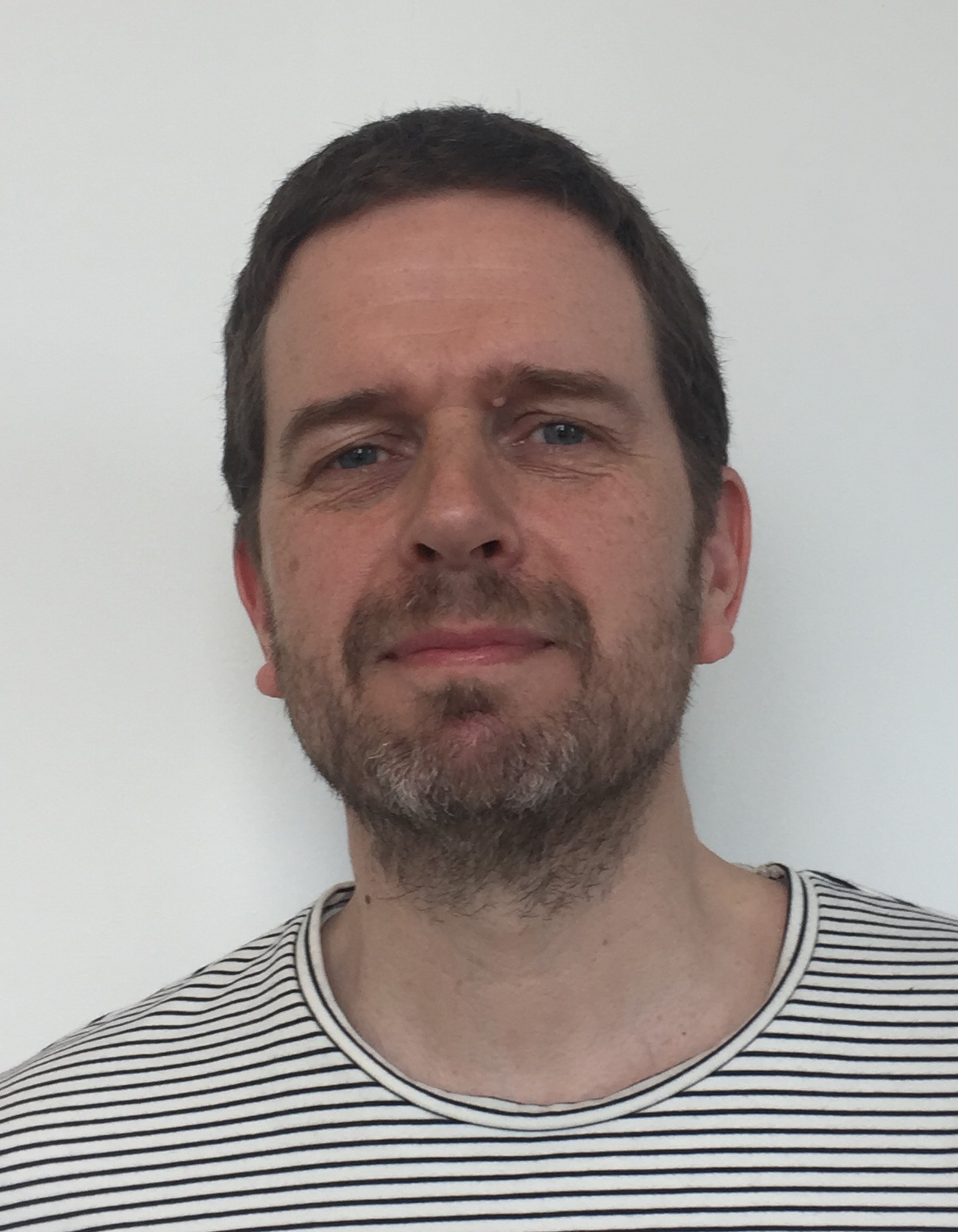- Hem
- Aktuellt
- Hitta nyheter
- A search for person-centredness in an unusual care setting. Article and researcher in focus: Carl-Johan Cederwall
A search for person-centredness in an unusual care setting. Article and researcher in focus: Carl-Johan Cederwall
A search for person-centredness in an unusual care setting. Article and researcher in focus: Carl-Johan Cederwall
 Article: Person-centred care during prolonged weaning from mechanical ventilation, nurses’ views: an interview study. A link to the article.
Article: Person-centred care during prolonged weaning from mechanical ventilation, nurses’ views: an interview study. A link to the article.
Researcher: Carl-Johan Cederwall
Appointment: Works part-time as an externally funded PhD student for GPCC in combination with a part-time position as a Specialist Nurse at the Intensive Care Unit at the Sahlgrenska University Hospital.
Age: 50
Which personal resources do you use in your research? I wish to improve organisations and systems that are malfunctioning and I find it hard to ignore deficiencies in the care closest to the patient when I can see there are opportunities for improvement. Intensive care is complex but there is always room for improvement and I think the patient can be an important resource and can have a role that we can develop further. Working in intensive care has also taught me to read and handle people in many different situations.
Although you admit it is an unusual approach, you have been investigating the occurrence of person-centredness in the intensive care environment. Please tell me about this.
In our study, we had 19 nurses telling us how they cared for patients who had been in a ventilator for a long time. The longer patients are on mechanical ventilation, the harder it gets to wean them from it. The nurses described their work in weaning these patients from ventilation, in circumstances where the patients are often both awake and able to communicate.
The interviews where analysed based on a thematic analysis in which we progressively searched for person-centredness. It was very interesting as there has not been much research conducted regarding person-centredness in intensive care units, perhaps because there is an assumption that these patients are asleep and that person-centredness may not be applicable in this context. We analysed the interview data based on the concepts in the GPCC model.
The nurses involved in the study, had they not been trained in person-centred care? No, they had not and neither did they know that we were searching for person-centredness, as we never told them that. They just described how they proceeded with the weaning process in these patients and subsequently we searched for any traces of person-centredness in what they said.
Thus, what aspects of person-centredness did you encounter in their work procedures? Firstly, many of them were focused on finding the person behind the patient since these patients are often very depersonalised upon arrival to the ICU after a trauma. They wanted to find out things such as “Who is this person, what is he/she doing for a living, what are his/her interests and relations?” Further, it was important for many of the nurses to get the persons involved and to participate and plan their weaning process.
As expected, we detected barriers to person-centredness: time constraints and a lack of resources. Thus, not all the nurses were applying a significant degree of person-centredness in their work procedures.
Could person-centred care be applied more widely at the ICU?
There are plans for continuing to develop it in this area. Initially, this study was just based on curiosity; to find out whether there was any person-centredness at all at the ICU. They results did indeed give us hope that more person-centredness could be applied in the intensive care environment.
Would it be possible to practise person-centred care in anesthetised and unconscious persons?
Yes, I believe it is possible. The study results showed us that friends and/or relatives could help support this patient group. Friends and/or relatives can also remind the patient about the real world, something that could motivate these patients to take the rather difficult step to stop using the ventilator.
What is your current research about? We just finished collecting survey data from all the intensive care units in Sweden regarding their guidelines and routines for patients who are ventilated for more than a week. This survey will be descriptive and on the basis of the results we should be able to see whether there are any potential needs.